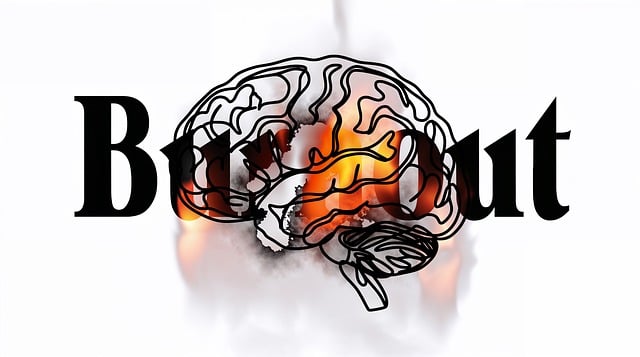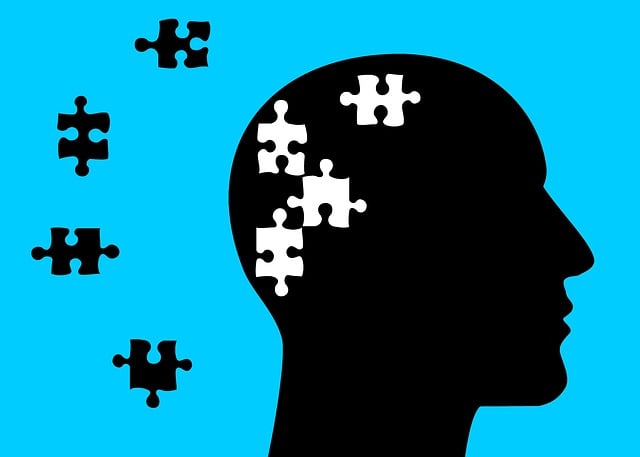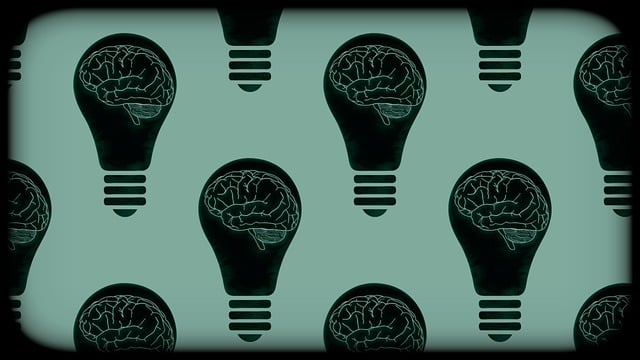Resilience-focused therapy, using the RFM (Resilience, Flexibility, and Mastery) framework, enhances mental well-being in adults through targeted evaluations. This approach identifies strengths and weaknesses, equips individuals with emotional regulation tools, and improves coping strategies for stress, anxiety, and trauma. By integrating mindfulness practices, RFM therapy fosters long-term resilience, reduces depression symptoms, and empowers adults to navigate life's challenges successfully, leading to better mental health outcomes. Ideal for adult therapy, these evaluations are key in preventing burnout and promoting emotional intelligence.
Resilience is a powerful tool in maintaining mental health, and RFM (Resources, Fortitudes, and Mastery) therapy offers an innovative approach to building it. This article explores how RFM, through structured exercises, enhances mental health evaluations, focusing on adults. We delve into the benefits of this therapeutic method, examining its impact on improving well-being. By understanding RFM’s role in resilience building, professionals can provide more comprehensive care, offering valuable insights for those seeking therapy and improved mental health management.
- Understanding RFM and Its Role in Resilience Building
- Exercises to Enhance Mental Health Evaluations Using RFM
- The Impact of RFM Therapy on Adult Mental Health and Well-being
Understanding RFM and Its Role in Resilience Building

Resilience is a critical component of mental health and well-being, especially for adults navigating life’s challenges. RFM (Resilience, Flexibility, and Mastery) is a therapeutic framework that has gained prominence in this domain. It focuses on empowering individuals to build emotional intelligence and enhance their coping mechanisms. By understanding one’s resilience, one can better manage mood and navigate crises effectively.
RFM exercises are designed to help adults assess and strengthen their ability to adapt to stressful situations. These exercises often involve mental health evaluations that identify individual strengths and weaknesses in resilience. Through crisis intervention guidance, participants learn valuable tools for emotional regulation and mastery over their reactions, ultimately improving overall mental health outcomes.
Exercises to Enhance Mental Health Evaluations Using RFM

Mental Health Evaluations Using RFM can be significantly enhanced through targeted exercises designed to build resilience. These practices, often incorporated into therapy for adults, offer a robust framework for navigating and managing stress, anxiety, and potential burnout—crucial aspects of mental wellness. By leveraging the RFM model, healthcare providers can develop effective strategies for Burnout Prevention Strategies for Healthcare Providers while promoting Resilience Building within their patients.
Resilience-focused exercises aim to strengthen an individual’s ability to cope with challenges, fostering a sense of empowerment and emotional equilibrium. This approach not only benefits patients in their personal lives but also prepares them to face the demands of modern life. By integrating these techniques into mental health evaluations, therapists can facilitate meaningful progress toward improved mental health outcomes, ensuring that individuals leave therapy equipped with tools to sustain their well-being long after their final session.
The Impact of RFM Therapy on Adult Mental Health and Well-being

The impact of RFM (Resilience, Flexibility, and Mindfulness) therapy on adult mental health and well-being has been a growing area of interest in recent years. This therapeutic approach focuses on empowering individuals to build resilience, enhancing their ability to navigate life’s challenges with greater flexibility and mindfulness. By combining various techniques such as social skills training, self-awareness exercises, and risk management planning for mental health professionals, RFM therapy offers a holistic solution to support adults’ mental health evaluations.
Research suggests that incorporating RFM into traditional therapy models can lead to significant improvements in an individual’s overall well-being. The focus on cultivating resilience enables adults to cope more effectively with stress, anxiety, and trauma, ultimately promoting better mental health outcomes. Moreover, mindfulness practices have been shown to reduce symptoms of depression and improve emotional regulation, allowing individuals to develop a stronger sense of self-awareness and control over their reactions. This integrated approach not only addresses specific mental health concerns but also fosters long-term resilience, enabling adults to thrive in various aspects of their lives.
Resilience-focused interventions, such as RFM therapy, offer a promising approach to enhancing mental health evaluations and well-being in adults. By combining insights from past experiences with future goals, this method empowers individuals to navigate challenges more effectively. Incorporating RFM into therapeutic practices can significantly improve mental health outcomes, providing a valuable tool for professionals in the field. This evidence-based strategy has the potential to revolutionize therapy for adults’ mental health evaluations, fostering resilience and overall well-being.













